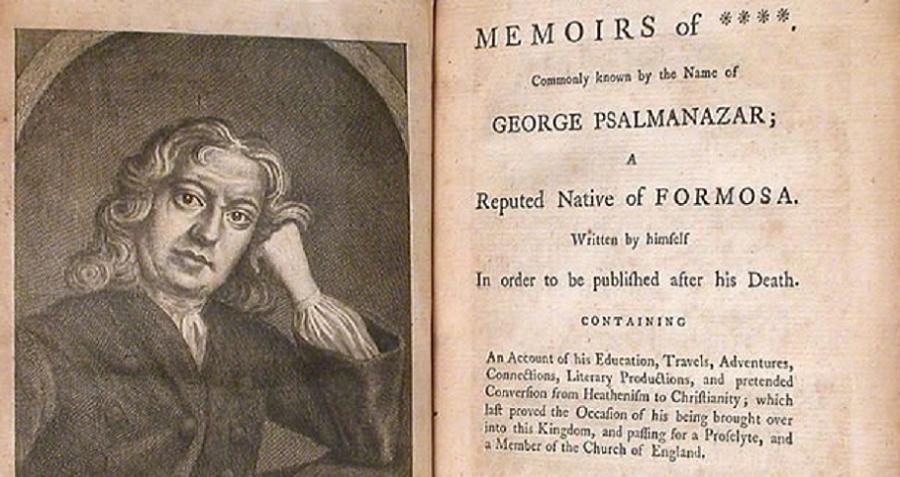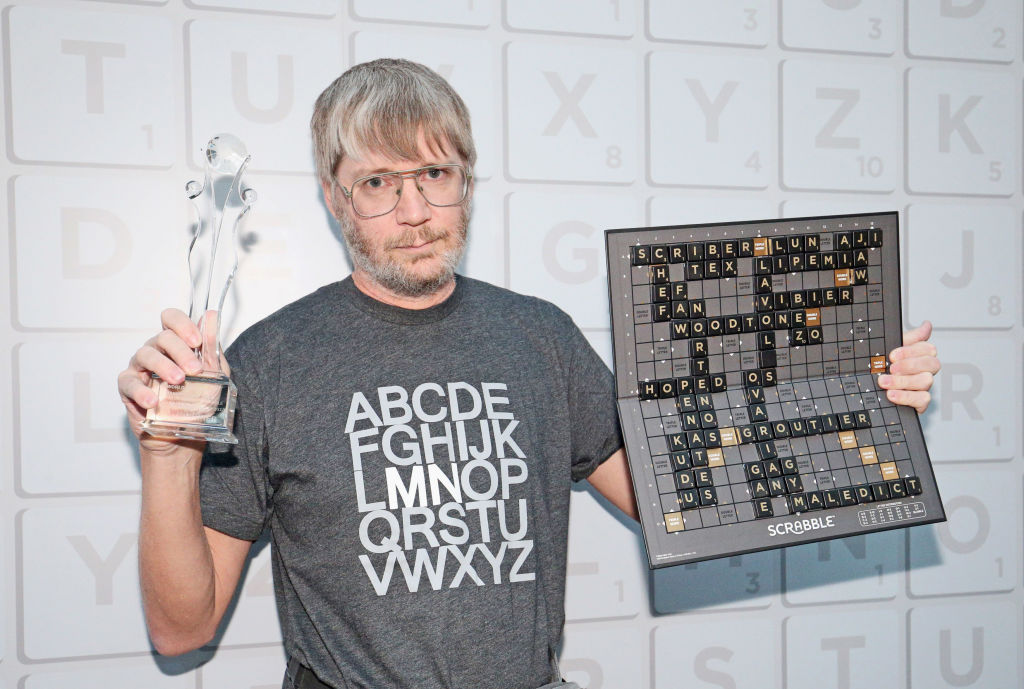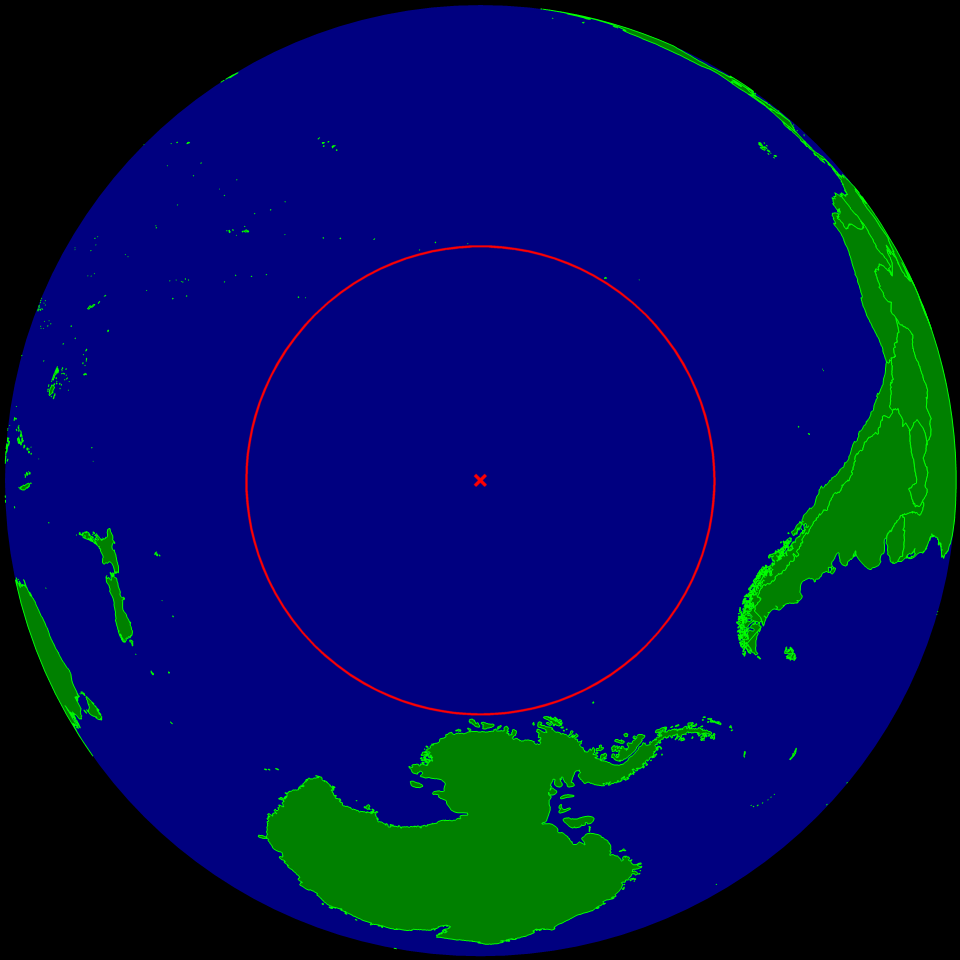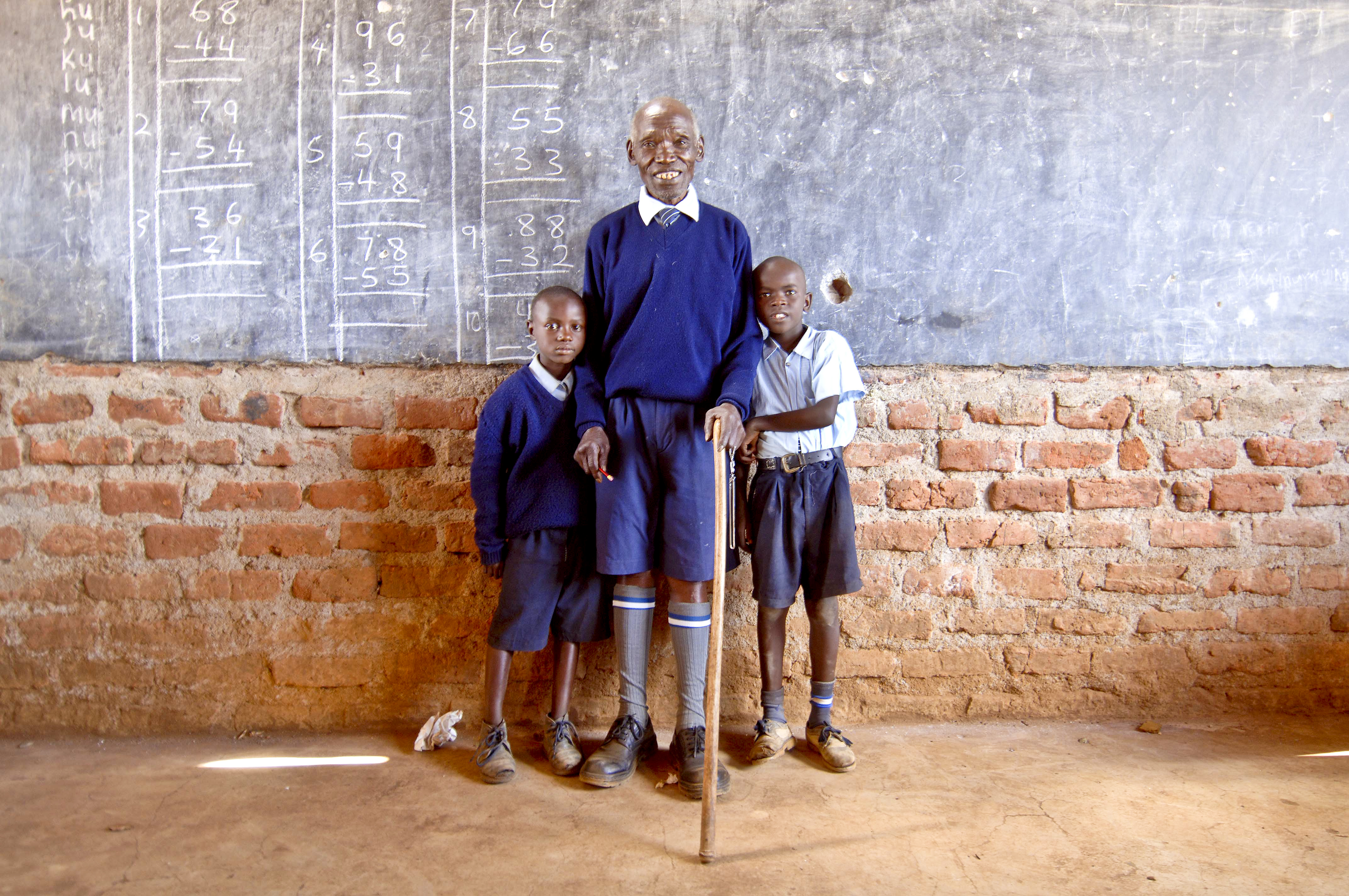What life is like in one of Putin's Siberian gulags

From The Economist: "The wake-up call in cell number nine of the ik-6 prison colony in the Siberian town of Omsk comes at 5am in the form of the Russian national anthem blasting from a loudspeaker. Vladimir Kara-Murza, a journalist and politician, knew as soon as he heard the opening chord that he had only five minutes to get up before prison guards would take away his pillow and mattress. By 5.20am his metal bed frame, attached to the wall, would be locked up so that he could not use it for the rest of the day. Kara-Murza’s cell, painted in bright blue, was five metres long and two metres wide. In the middle, a table and a bench were screwed to the floor. The only objects he was allowed to keep were a mug, a tooth brush, a towel and a pair of slippers. The light was never turned off. Later in the morning a mug of tea and a bowl of gluey porridge made from an unidentifiable grain would be pushed through a small hatch."
He conned 18th-century London society by inventing his own language

From The Atlantic: "A Modest Proposal makes a passing reference to “the famous Psalmanazar, a native of the island Formosa.” This blond, blue-eyed “savage” claimed people ate children in his homeland. “When any young person happened to be put to death,” Jonathan Swift recounted, “the executioner sold the carcass to persons of quality as a prime dainty.” George Psalmanazar claimed to be a kidnapping victim who was snatched from Formosa (now known as Taiwan) by a Jesuit named Father de Rode of Avignon. In eighteenth-century England, Psalmanazar gained the same level of fame or infamy as a modern-day reality-television-star train wreck. Nobles and rich merchants invited him to their dinner tables, where he spoke gibberish while inhaling mouthfuls of bloody food. (According to imaginary custom, Formosans ate their meat raw.)"
Nigel Richards is the king of professional Scrabble and it's not even close

From Defector: "In competitive Scrabble, there’s Nigel Richards and everyone else. The 57-year-old New Zealander has won 11 North American and world championships combined; no one else has won more than three. He is widely believed to have memorized the entire international-English Scrabble lexicon, more than 280,000 words. He crafts strategic sequences that outperform the best bots. He’s a gentle, mild-mannered, private, witty, unflappable enigma—the undisputed Scrabble GOAT, and one of the most dominant players of any game ever. Nigel went viral in 2015 after winning the French world championship even though he didn’t speak French. He inhaled some large chunk of the 386,000 words on the Francophone list, and did it in a mind-boggling nine weeks. That same year, he won a tournament in Bangalore, India, with a 30-3 record."
Editor's note: If you like this newsletter, please share it with someone else. And if you really like it, perhaps you could subscribe, or contribute something via my Patreon. Thanks for being a reader!
Point Nemo is the most remote place on Earth and a great spot for crashing space junk

From Atlas Obscura: "What do Jules Verne, H.P. Lovecraft, and the Russian space programme have in common? Their overlapping interest in an inhospitable corner of the South Pacific, only recently identified as the remotest part of the world’s oceans. Nowhere in the world can you find a place further from dry land than Point Nemo. This oceanic pole of inaccessibility is located at 48°52.6’S 123°23.6’W. Pinpointing the “middle of the ocean” sounds like something explorers and cartographers should have worked out centuries ago. Turns out it couldn’t be done before modern computing and GPS technology. In 1992, Croatian-Canadian survey engineer Hrvoje Lukatela wrote a geospatial programme called Hipparchus, and “found Nemo.” He named the place not after the cinematic clownfish but after the original Nemo, the submarine captain from Jules Verne’s novel Twenty Thousand Leagues Under the Sea."
At the age of 84 he was the oldest person to ever attend kindergarten

From Now I Know: "For most of the 1950s, the area now known as Kenya was at war. The region was a British colony from the late 1800s until 1963, and toward the end of that period, many indigenous people took up arms. Kimani Ng’ang’a Maruge was one of the men who went to war with the British, and he’d go on to live a long life. However, Maruge had never learned to read. The law providing a free education for children didn’t specify an age limit for those who chose to enroll, and Maruge wanted to better himself. So in 2005 — at age 84 — became a kindergartener, joining the same class that two of his grandchildren were in. Once there, he thrived, both as a student and a role model. By all accounts, he did well — earning top grades in English, math, and Swahili — and per the BBC’s Pidgin story about him, he even was named head boy."
Sometimes when you get rescued at sea it's by a super-yacht

From Boat International: "He was extremely weak and not quite coherent," said captain Marc Wellnitz, who was involved in the dramatic rescue of a 29-year-old man who had been stranded at sea for five days in a pool toy doughnut. In what Wellnitz recalls as a surreal experience, the crew of 57.6-metre Feadship yacht W spotted a hand waving at them from the water off the coast of northern Spain. Wellnitz said: "The fact we spotted him was a miracle of its own," especially considering the man was wearing a black wetsuit and his raft was also black. The crew lifted him from the water and treated him for sunburn, open wounds from the saltwater and suspected early-onset hypothermia. Wellnitz suspected the man jumped from a passing ship before attempting to swim to shore."
As it turns out, cows love accordion music
Cows absolutely adore accordion music. pic.twitter.com/cuo0h71N1r
— Nature is Amazing ☘️ (@AMAZlNGNATURE) March 12, 2024
Acknowledgements: I find a lot of these links myself, but I also get some from other newsletters that I rely on as "serendipty engines," such as The Morning News from Rosecrans Baldwin and Andrew Womack, Jodi Ettenberg's Curious About Everything, Dan Lewis's Now I Know, Robert Cottrell and Caroline Crampton's The Browser, Clive Thompson's Linkfest, Noah Brier and Colin Nagy's Why Is This Interesting, Maria Popova's The Marginalian, Sheehan Quirke AKA The Cultural Tutor, the Smithsonian magazine, and JSTOR Daily. If you come across something interesting that you think should be included here, please feel free to email me.



